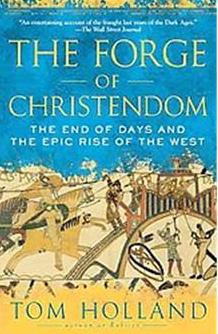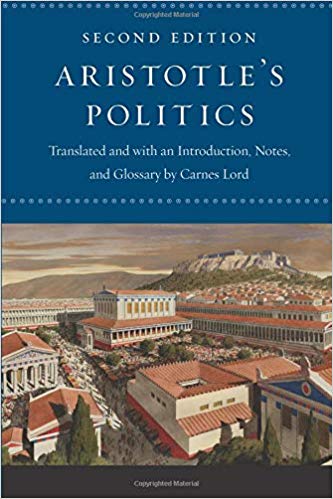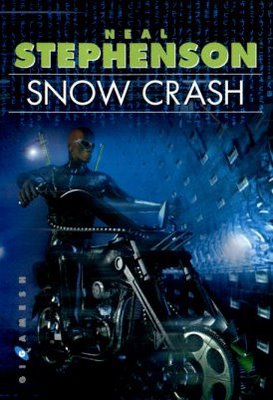|
The Forge of Christendom: The End of the World and the Epic Rise of the West
by Tom Holland Published in 2008 512 Pages Thibault’s Score: 3/5 The Forge of Christendom is a book that covers the tumultuous period surrounding the year 1000. An ancient Christian prophecy had predicted that the world would end 1000 years after the life of Jesus. Many Christians during the early Middle Ages took this prediction literally, and imagined that the world would end exactly on the year 1000. Making these predictions more poignant were several details which seemed to materialize: a Roman emperor would return, and fight the forces of Gog and Magog. Several men had claimed to restore the Roman Empire, such as Charlemagne or King Otto I. Christendom had numerous enemies, which were variously identified as Gog and Magog: Pagan Hungarian horse archers, Saracen Muslim pirates, or Viking raiders. Time, and time again, prominent Christian scholars made predictions that the end of the world was near. Inevitably, these ecclesiastical figures found that their predictions fell flat. I didn’t read this book at the right time - I thought that this book would primarily cover the conversion to Christianity from Paganism, but instead it covers the year 1000 AD. I should have waited to read this book after I had finished books about the period preceding it. That being said, I had a hard time contextualizing a lot of the historical events, because I wasn’t very familiar with the period, and hadn’t eased into it. I might have appreciated the book a lot more if I had contextualized it better.
1 Comment
Politics
by Aristotle Published in the 4th century BC 411 Pages Thibault’s Score: 4/5 Politics, by Aristotle, is a series of recommendations made by Aristotle about how a city should be run. His prescriptions range from political to familial, with recommendations ranging from how to organize states to how to run and manage households. He also includes many chapters giving recommendations about how to raise children. This book formed the intellectual cornerstone of Western civilization for the greater part of two millennia. Many later political thinkers based their ideas and own recommendations on Aristotle’s prescriptions. His text became something more than a political manifesto - over time it evolved into a divine prescription, and his work was treated as an infallible and immutable religious text. Aristotle was definitely a genius, although I am still perplexed as to why his work had such enduring power. Many of his recommendations are not particularly interesting, and strike me as being very specific to city states rather than timeless. I greatly enjoyed reading this book as a historical text by which I gleamed insight into the minds and politics of the Greek city states. This is definitely one of the must read books of Western civilization, although I didn’t find its contents to be nearly as mind or earth shattering as Plato’s Republic. Snow Crash
by Neal Stephenson Published in June 1992 480 Pages Thibault’s Score: 4/5 Snow Crash is a fascinating depiction of life in an anarcho-capitalist world, although it can be tacky at times. The premise is that, after a wave of hyperinflation, the US government was forced to privatize all of its assets. The result is an anarcho-capitalist world where small enclaves and micro-governments have parceled out America. The setting of Snow Crash is really interesting - I absolutely loved reading about the numerous factions and corporations that have replaced the government. I especially liked that the depiction of these groups was generally positive rather than negative, but didn’t hesitate to highlight potential flaws. The early 2010s technology, as imagined by the author in 1992, was also really interesting. The plot is very interesting, and has fascinating religious overtones. However, this book falls short in many ways. It is full of corny action. The hero, called Hero, fights using Katanas. None of the characters are particularly interesting, and they all could be considered “Mary Sues” (even the male ones). There is a cringy sex scene, however that cringe doesn’t come near to the cringe of the even worse action scenes. If this book hadn’t had such an interesting setting, I would have given it a much lower score - probably a 2 or a 3. I don’t really recommend reading this book for the plot, but instead for the universe. I will check out Diamond Age, the sequel, at some point in the future. This is a book which will have a lot of interesting elements for anarchists, but doesn’t have much appeal for the general population that isn’t interested in anarchism. |
Thibault SerletMost of my articles are book reviews, but I also write about many other topics. Archives
December 2023
Categories |



 RSS Feed
RSS Feed